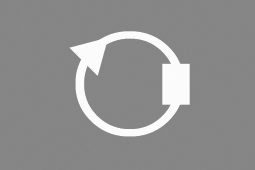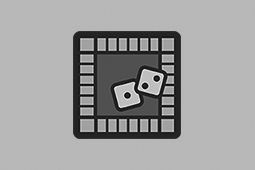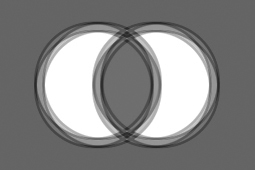Professional Workshops
AMBL currently organizes and offers a limited number of advanced workshops directly aimed at researchers. This program currently includes a well received workshop on molecular techniques, past workshops on transgenic mice production, and PCR based techniques, as well as newly developed offerings focusing on bioinformatics. Information for our workshops can be found here – generally speaking workshops are held during the summer months (between May and July), or during the UBC midterm break (mid February).
AMBL is also available for contracting out services involving professional development within other communities. We provide both hands-on workshops and lecture style presentations for individuals interested in learning some of the sciencific aspects of a particular scientific genre. These workshops have been held with audiences as diverse as the teachers, business community, politicians, priests, artists, bee keepers, journalists, and scientists in the developing world context.
Research
Both Joanne Fox and David Ng are heavily involved in various projects within the UBC Campus Community. This includes research related to student learning and perspectives in scientific literacy.
Student Learning:
Joanne is interested in methods that enhance student learning. This research dovetails her activities as the past Director of the First Year Science Seminar project, co-lead with the UBC MIX program, and her current status as physical science’s lead at UBC’s Vantage College.
Perspectives in Scientific Literacy:
David is currently exploring connections between concepts of science and creativity. In particular, what do children think about science, and whether this idea of science includes their understanding of what it means to be “creative?” If not, how does this affect their interest in scientific things? In collaboration with Dr. Marie-Claire Shanahan (from the University of Alberta), he is currently initiating a project that aims to look at these questions, and provide formative ways of researching the intersection of science and creativity. For more information, please click here. (Open Research Blog also available here).




